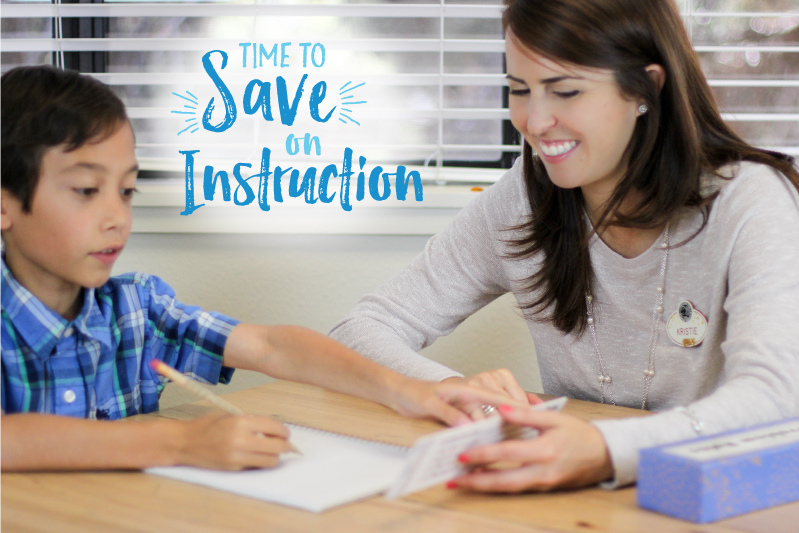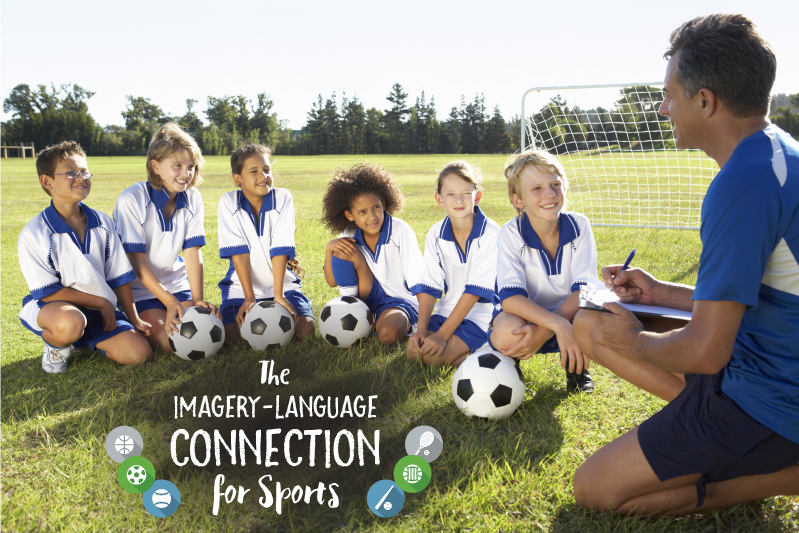How to Have a Great Parent-Teacher Conference
Kindergarten through high school, effective communication with your child’s teachers can contribute to school success. A shared view of your child’s strengths and challenges, goals for progress, and a workable plan, can pave the way for a great school year. Yet, the anticipation of a parent-teacher conference can make some parents apprehensive. We have…
Get the Most Out of Your Child’s Progress Report: Tips
The end of the marking period is a time for parents to assess their child’s progress—to make sure they’re on track, improving in subjects, or to see if they need help. This is the time to note any areas of difficulty. It’s important to look carefully at each area of your child’s progress report—how are…
What You Can Do When Your Student Doesn’t “Get It”
Teachers know there is a long list of reasons to make reading a lifelong habit: the cognitive workout we get when we read and the exposure to new ideas are arguably top reasons to be a regular reader. So, when a student (who otherwise has adequate decoding skills) is unenthusiastic about books, regardless of the…
Imagery-Language Connection for Writing Tips
Book reports, essays, and even short responses, can cause frustration, panic, and, sometimes, even tears for many school age students. And it’s no wonder. Writing is a complex task that requires a lot: good thinking skills, organisation, spelling, grammar and punctuation, as well as ease with a pencil, or keyboard. Writing can be particularly…
New Article in Autism Spectrum News
We’re excited to announce a new article on brain connectivity and autism spectrum disorder has been published in the spring issue of Autism Spectrum News. In the article, Lindamood-Bell’s Director of Research and Development, Paul Worthington, discusses the latest science concerning the improvement of language skills for individuals with autism.
Tips for a Great New School Year: Work with Your Child’s Teacher
Between the stacks of sheets to sign and return and the back-to-school night presentations, all the new school year information can become overwhelming. But get beyond the dress codes, hot lunch orders, and school supply lists and you can find valuable information about how to forge a great working relationship with your child’s teacher—open lines…
Imagine Better Learning Skills: Enrol for April Holidays
If school is not always easy for your child, you may have mixed feelings about using term break for learning. While we all look forward to rest and relaxation, parents of struggling students have to consider the effect that time off from learning may have. Term Break instruction is individualised to meet the needs…
Seasonal Learning Clinics
So far, Lindamood-Bell has taught over 40,000 students to read and comprehend to their potential. We are able to reach students, in part, by bringing our Seasonal Learning Clinics to new communities every year. A Seasonal Learning Clinic is an extension of a Learning Center that is open 4-12 weeks—enough time to change learning…
Discount Available for School Year Savings Plan
AVAILABLE NOW: A major savings for students who need help closing the achievement gap If you have a child who is suffering from a weakness in language processing skills and needs to close a substantial gap between his academic performance and potential, we are offering a school year savings plan for you. Intensive…
The Imagery-Language Connection for Sports—Tips for Coaching Youth Sports
Did you recently volunteer for a coaching position? Have you coached before? Are you tired of yelling at your team but don’t know how to get them to follow directions? Do you want this year to be a more positive experience for you and your players? If you answered yes to any of these questions,…
















